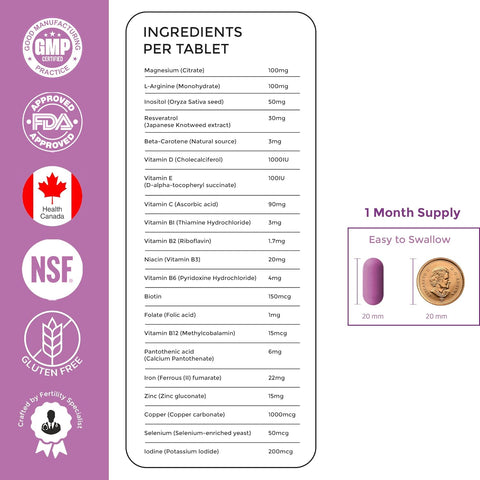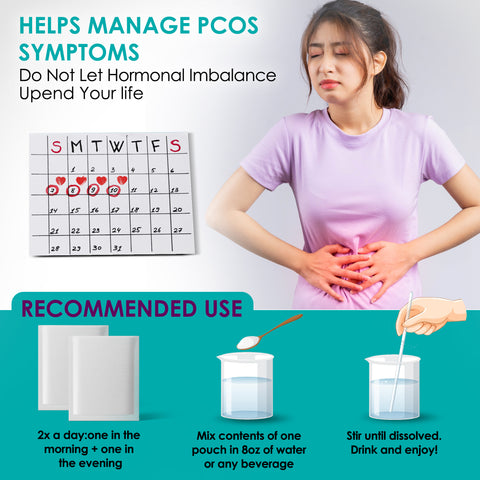Table of contents
GUEST POST
Introduction
Weight loss is a popular goal for many people. While there may be some benefits to losing weight, it can also cause some health issues. People who are actively trying to lose weight should be aware of these potential problems so that they can take measures to prevent them from occurring. Let's dig into some of the top health issues during weight loss!
Bone Loss
Losing weight is a great way to improve your overall health and wellness, but it can also have some negative effects on your bones. When you lose weight, especially if you're doing so rapidly (a process called "dieting"), there's a risk that you'll experience bone loss.
Bone loss occurs when the body breaks down more bone than it builds up, causing bones to become less dense over time. This process may lead to fractures or other problems with mobility later in life if left untreated.
The good news is that this type of bone damage can usually be prevented by taking extra steps during weight loss like adding fish oil capsules, protein shakes etc in your diet.
Cardiovascular Problems
Cardiovascular problems are a common side effect of extreme weight loss. They can include:
- High blood pressure (hypertension)
- Heart disease, including coronary artery disease and heart attack (myocardial infarction)
- Stroke (cerebrovascular accident)
Hair Loss
Hair loss during weight loss is commonly caused by nutrient deficiencies as well as other effects sudden and rapid weight loss can have on your body.
Hair loss itself isn’t dangerous, but the underlying causes of hair loss after weight loss can be.
Prp treatment for hair loss is a good solution but concentrating on a balanced diet is a must.
Dysmetabolic Syndrome
DYSMETABOLIC SYNDROME is a metabolic disorder that occurs when the body is unable to regulate blood sugar levels. The symptoms of DYSMETABOLIC SYNDROME include fatigue, weight gain, loss of appetite, and nausea.
Dehydration
Dehydration is a condition that occurs when the body loses more fluids than it takes in. It's usually caused by not drinking enough water, but can also be caused by vomiting, diarrhea and exercising in hot weather.
The symptoms of dehydration include:
- thirst
- dry mouth and tongue that may stick to the roof of your mouth (this is especially true if you have been vomiting or have had diarrhea)
- loss of appetite and nausea (feeling sick)
The causes of dehydration include: * severe vomiting or diarrhea * excessive sweating (for example during exercise) * fever-causing infections such as gastroenteritis or influenza How do you prevent dehydration? Make sure you drink plenty of water every day -- at least eight glasses per day if possible -- especially when exercising outdoors on hot days where sweat losses are high
Fainting
Fainting is a temporary loss of consciousness caused by a sudden drop in blood pressure. It's more common in people who are overweight, and can be caused by low blood pressure, dehydration (not drinking enough water), or certain medications.
Fainting can be prevented by eating a balanced diet and drinking plenty of water before you faint so that your body has enough fuel to keep going until it recovers from the shock.
Hypoglycemia
Hypoglycemia is a condition in which your blood glucose levels drop below normal, causing you to feel tired and weak. Hypoglycemia can also make it difficult for you to think clearly or concentrate, and may cause confusion.
If you have hypoglycemia, your body doesn't have enough glucose (a type of sugar) in its system to supply energy for normal functioning. Without enough glucose in your bloodstream, the symptoms listed below can occur:
- Headache
- Nausea and/or vomiting
- Sweating or clamminess
Kidney disease
Kidney disease is a common side effect of weight loss. It's usually caused by dehydration and can lead to other health issues like heart problems, high blood pressure and diabetes. If you experience symptoms such as fatigue or nausea after losing weight, it's important to talk with your doctor about whether kidney disease may be the cause.
Kidney disease can be treated with medication but it's also important to eat a healthy diet and drink plenty of water (at least 8 glasses per day).
Acid reflux, heartburn, GERD or GER - Gastroesophageal reflux disease or condition.
Acid reflux, also known as GERD or Gastroesophageal Reflux Disease (GER), is a condition that occurs when the stomach contents flow back into the esophagus. The lower esophageal sphincter (LES) is supposed to keep food and liquid in your stomach but if it does not close properly then acid can come up into your throat causing heartburn.
Symptoms include:
- Burning pain behind the breastbone or in your chest area when you eat or drink something hot/cold/spicy/fatty
- A sour taste in your mouth after eating
- Feeling like there's something stuck in your throat that won't go away
Constipation, diarrhea, irritable bowel syndrome (IBS) and other intestinal issues
- Constipation and diarrhea are common side effects of weight loss.
- Fiber helps to keep things moving along in the digestive tract, so when you don't get enough fiber in your diet, you might experience constipation. If you don't know if you're getting enough fiber, ask your doctor or consult a nutritionist for advice on increasing it in your diet.
- A change in diet can help with these issues as well as other intestinal problems like irritable bowel syndrome (IBS). IBS causes abdominal pain and discomfort; it's often associated with other health issues such as heartburn or acid reflux disease (GERD)
There are multiple health issues that can occur during weight loss. It is important to be aware of these issues and take measures to prevent them from occurring.
There are many things you can do to prevent health issues from occurring during weight loss, but it's also important for you to recognize the signs of these health issues so that you can get help if necessary.
Conclusion
We hope this article has helped you understand some of the common health issues that can occur during weight loss. It's important that you are aware of these potential problems and take measures to prevent them from happening. If you do notice any symptoms of these conditions, please contact your doctor immediately so they can provide treatment options for you!
Disclaimer:
We are not advocating for diets of any kind. We recommend talking to your doctor before following any diet plan.



















No comments yet.
There are no comments for this article. Be the first one to leave a message!
+ Open to leave a Comment